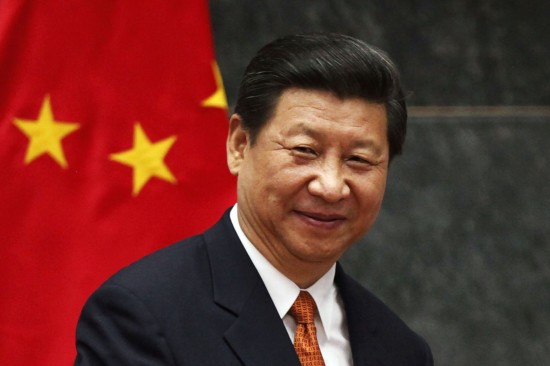
The Baltic Exchange, one of the UK’s oldest institutions, is facing a potential takeover by Chinese-owned interests.
The shipping market, which has been operating in London since 1744, has been approached for a buyout by the London Metal Exchange (LME), itself now owned from Hong Kong.
The Chinese have become prominent buyers of British companies in recent years, owning assets from Weetabix to Felixstowe Docks.
Beijing has also been intensively courted by George Osborne on his recent visit to China to invest in new UK nuclear power stations, bid for HS2 rail supply contracts and connect the London and Shanghai stock exchanges.
“It is an informal approach,” one well-placed source told Reuters about the LME move, while a second source talked about the metal exchange making “strong overtures” to the Baltic, which is owned by its shipbroker members.
Jeremy Penn, chief executive of the Baltic, declined to comment on any takeover talks but said no conclusion should be drawn from that.
“We would never comment in any way on anything of that nature whether it was true or untrue,” he said.
The Baltic, whose historic building was bombed by the IRA in 1992, is well past its prime as a vital location for ships to be chartered. Today it is largely useful for producing benchmark data such as the Baltic Dry Index, which tracks the rates for hiring bulk carriers of iron ore, grain or coal.
But the institution retains London City cachet and has been previously courted by the LME, itself the oldest and largest market for trading industrial metals such as steel, copper or zinc.
The Baltic has also recently moved into the black after a period of losses. In September, it unveiled plans to pay out almost £10m in dividends to its 380 shareholders. Penn has recently announced plans to step down from his role in 2016, having completed more than a decade in his post.
The LME, which says it allows producers and consumers of metal to hedge their risks against fluctuating commodity prices, was bought by Hong Kong Exchanges and Clearing in 2012 for nearly £1.4bn.
The Chinese company regulates stock market trading rules in Hong Kong, where it is based. It is also a joint venture partner with the Shanghai and Shenzhen stock exchanges in an organisation which aims to “contribute to the further internationalisation of China’s capital markets”.